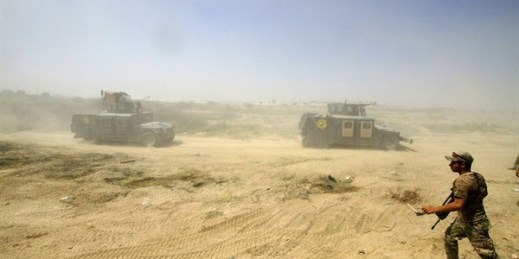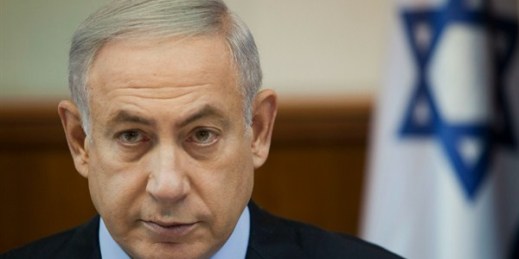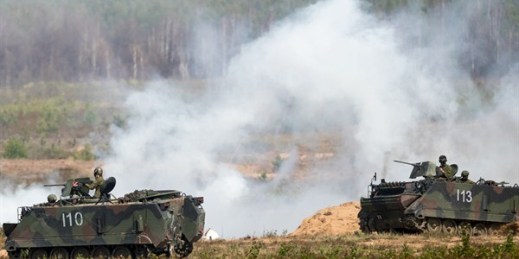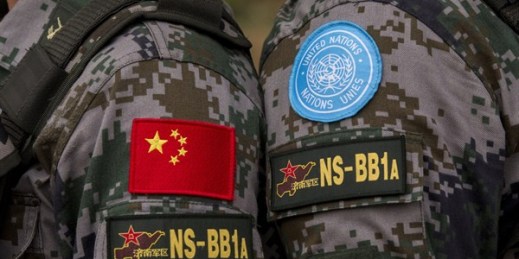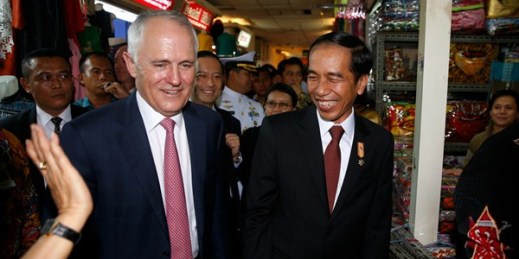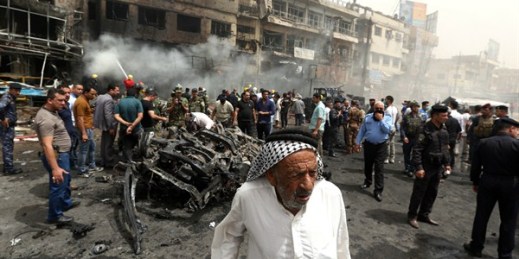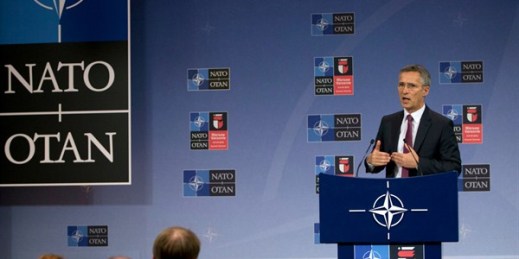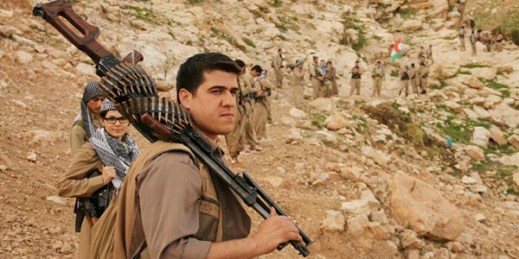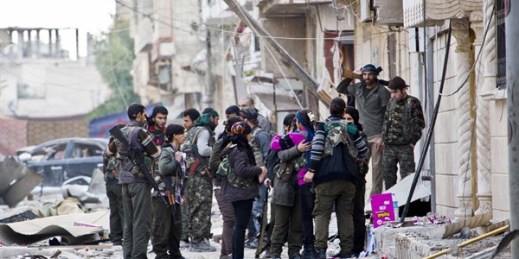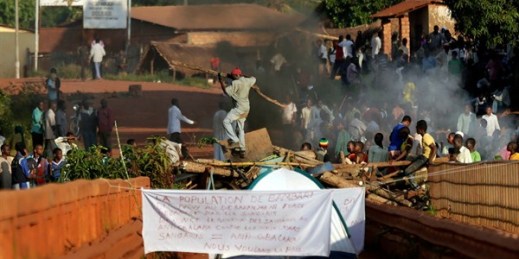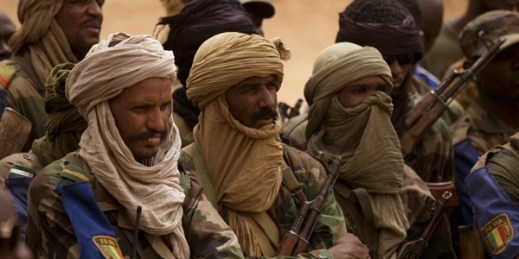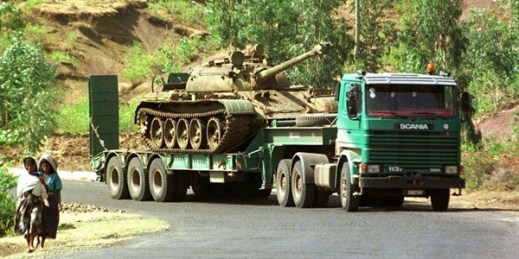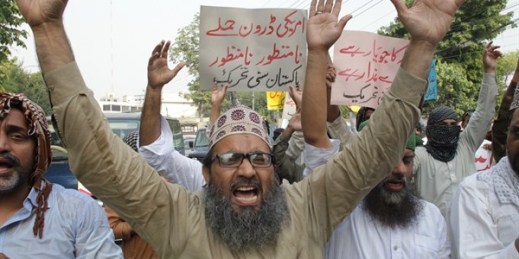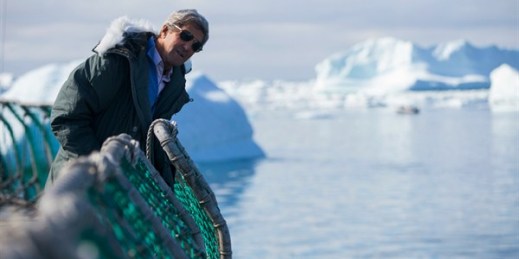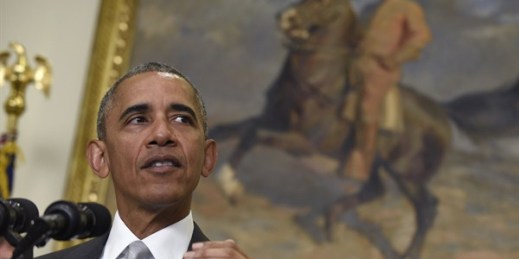
Last week, President Barack Obama announced his intention to slow the final stages of the drawdown of U.S. troops from Afghanistan. Combined with new rules of engagement that allow U.S. forces to engage more easily with the Taliban, the move ensures that the longest war in American history will continue after his presidency comes to an end in 6 months. Obama’s announcement that the U.S. would leave 8,400 troops stationed in Afghanistan through the end of his presidency, rather than the previously planned 5,500, was hardly unexpected. The military has been pushing to extend the mission for several months now, […]

